Students new voices
While I attended a small private school for nine years of my academic career, I never felt confident enough to form my own opinion. It wasn’t that I didn’t like my school or that I was made fun of; everything was just cookie-cutter. The things you had opinions about were not important or people just simply didn’t care. You followed a certain path and shared ideas that were considered the norm. I remember sitting in my civics class the first day of freshman year listening to Mr. Cotta, history teacher, go over the syllabus. He discussed with us how in civics (and life in general) we may have different opinions than others, but we need to listen to both sides. This was important for me to hear because for the first time I was beginning to form my own opinions about politics and real-life controversial subjects. Today, about a year later, I am constantly sharing my views as an opinions writer on TKC and I’ll be damned if someone tries to censor me.
Luckily, Rep. Kevin Corlew of Missouri’s 14th district has student’s backs. The new version of the Cronkite New Voices Act passed out of the Rules Committee on Feb. 22 and will soon move on to the Missouri House of Representatives. This act revamps a similar bill that failed to pass last year.While Missouri is home to some of the world’s finest journalists, such as Walter Cronkite, it is also home to the infamous Hazelwood v. Kuhlmeier Supreme Court case, one that placed lasting restrictions on student journalists. Restrictions like giving school administrators prior review, the power to order the removal of stories deemed “inappropriate.”
However, if this bill is passed it would give students at all public schools the freedom to write and publish anything within limits. It would also keep schools and their school board from being held liable for any content. Fortunately, at KHS, students are already given the ability to publish any viewpoint they choose to take. However, other schools are not so lucky. Censorship unfairly takes away an underdog’s voice. Without this voice, hardworking students would have no opinions; there would be no conversation. Censorship limits creativity and the chance for change.
The media plays an important role in distinguishing the truth and questioning authority, and I am happy to be a part of my school’s media. During Scholastic Journalism Week, the week of February 19-25, I will continue to speak up for those whose voice is covered up or contained by superiors.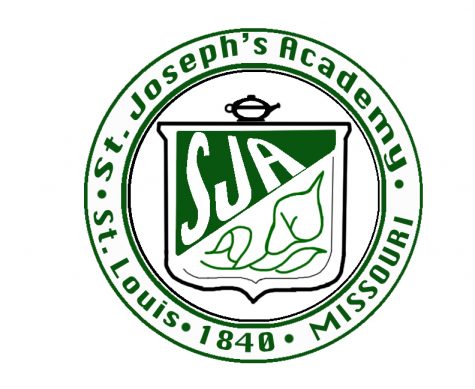 TKC and I reached out to another school and one of their editors to hear what they have to say about censorship. Caroline Zupan, EIC of the newspaper at St. Joe, explains the changes we can make by simply starting a conversation:
TKC and I reached out to another school and one of their editors to hear what they have to say about censorship. Caroline Zupan, EIC of the newspaper at St. Joe, explains the changes we can make by simply starting a conversation:
At St. Joe, articles about more controversial topics have been cut or edited beyond recognition before publication of the paper. Censorship in journalism unjustly restricts First Amendment rights that writers have to free speech and free press. When topical issues are covered inadequately or completely ignored in student newspapers, it is a disservice to the entire school community. The opportunity for writers to express their individual voices is not only a right but also a responsibility with which they are entrusted to inform their community about relevant issues and to hold people in positions of power accountable for their actions. I hope that student newspapers can move beyond selective and oversimplified reporting in favor of championing a diversity of opinions on current events to spark needed dialogue. It is absolutely crucial to have freedom of speech in student journalism because everyone’s perspectives are broadened through exposure to various ideas, whether people agree or disagree with them.
Your donation will support the student journalists of Kirkwood High School. Your contribution will allow us to purchase equipment and cover our annual website hosting costs.
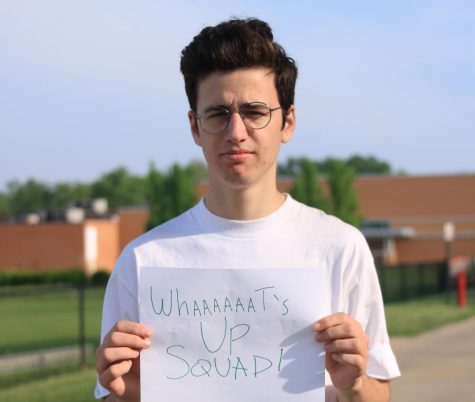
Interests: I throughly enjoy hiking and being outdoors, exploring urban areas, reading, procrastinating homework, hanging out with friends, theater, soccer,...


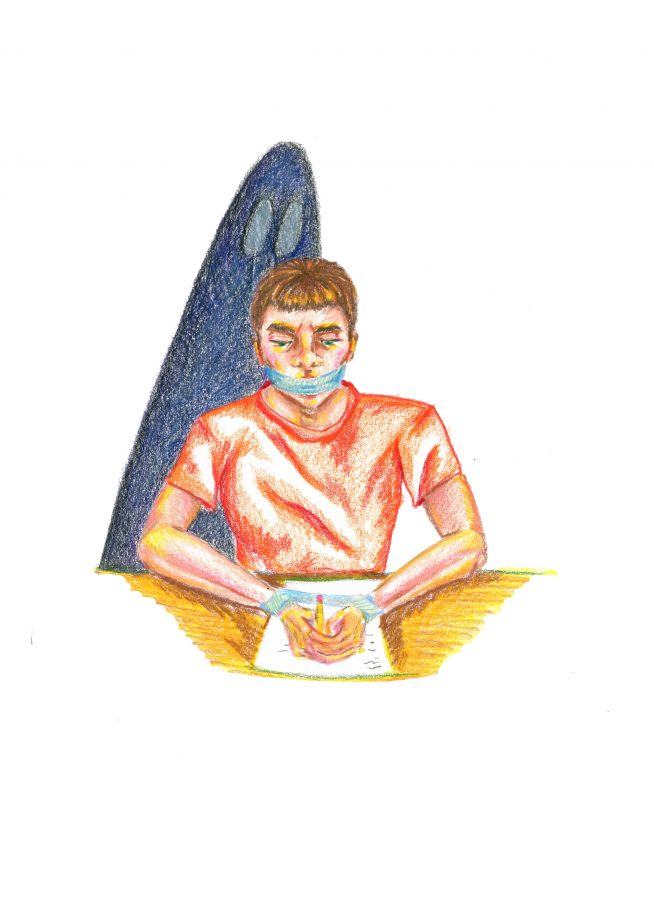

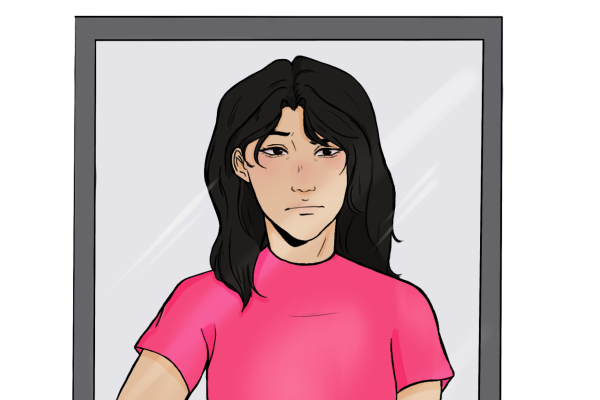
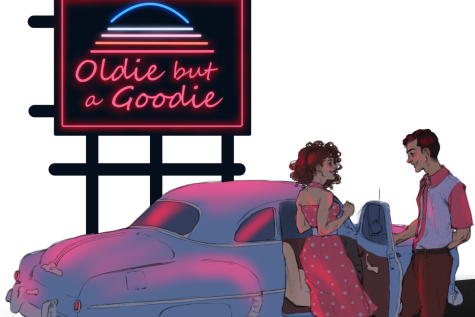
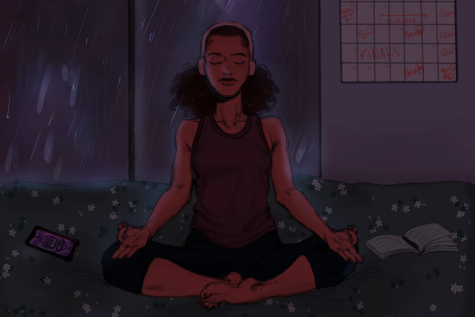

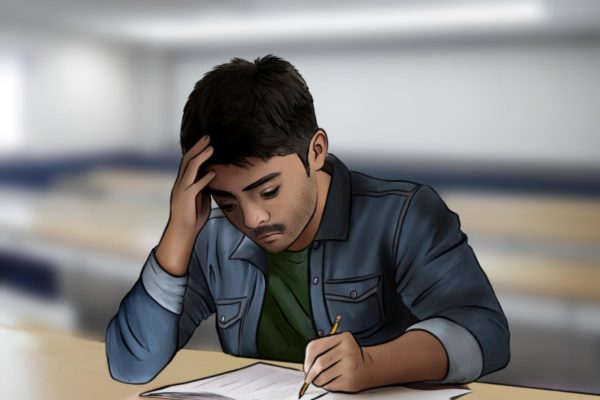

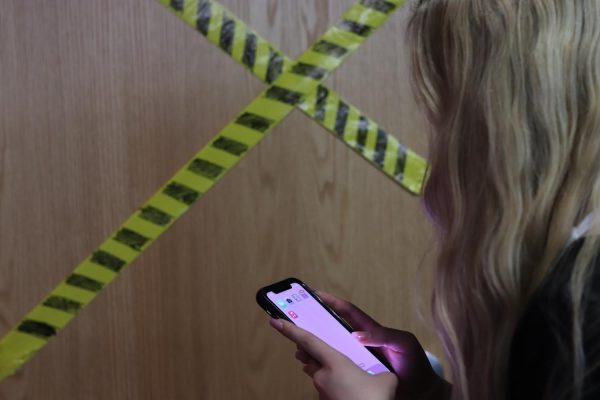
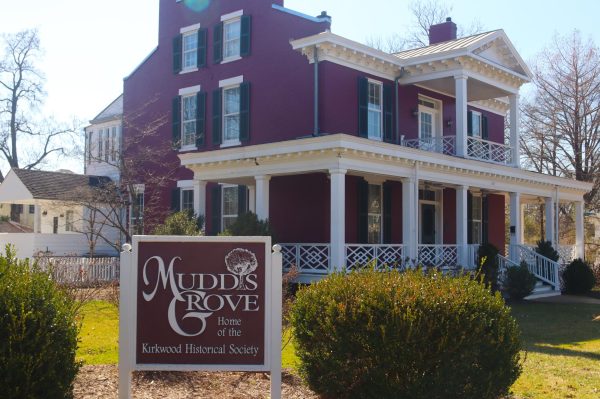







Photography • Feb 24, 2017 at 8:36 am
Sick story bro!